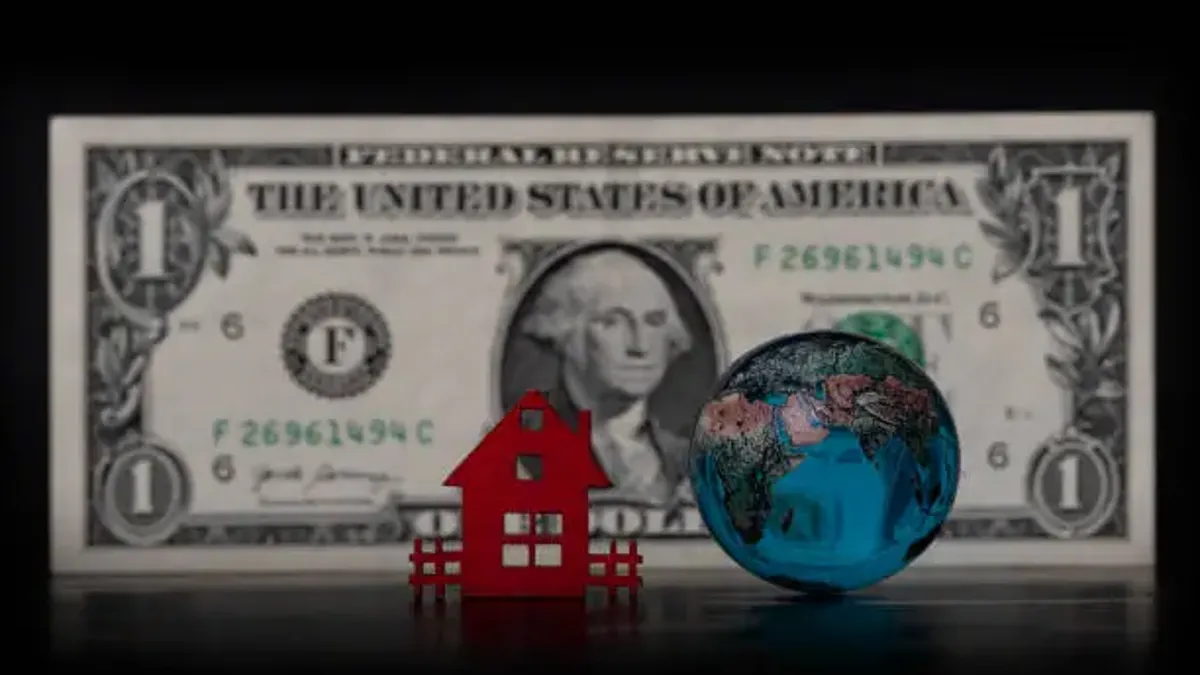The United States continues to be one of the most attractive destinations for foreign investors seeking stability, profitability, and long-term growth in the real estate market. Whether it’s luxury condos in New York City, commercial hubs in Miami, or rental homes in suburban Texas, foreign investment in U.S. real estate remains strong despite global economic uncertainties.
This article explores why international investors are drawn to U.S. real estate, the benefits and challenges they face, and the key trends shaping the future of this sector.
Why Foreign Investors Choose the U.S. Real Estate Market
- Market Stability and Transparency
One of the biggest advantages of investing in U.S. property is the stability of its financial system and the transparency of its legal framework. Compared to other global markets, the U.S. offers clearer property rights, reliable transaction processes, and strong legal protection for investors. - Attractive Returns
From commercial properties in booming cities like Austin to multifamily units in Atlanta, U.S. real estate provides a wide range of opportunities for high yields. Rental demand is growing, driven by both urban migration and lifestyle changes, making property investment a reliable source of passive income. - Diverse Market Options
Investors can choose between residential, commercial, retail, and industrial sectors. This variety enables portfolio diversification and helps mitigate risks. Foreign investors often see the U.S. as a “safe haven” market during times of global instability. - Favorable Exchange Rates
Depending on currency fluctuations, foreign buyers can often take advantage of favorable exchange rates, which makes property in the U.S. more affordable compared to their home markets.
Key Trends in Foreign Investment
- Residential Focus: Many foreign investors prefer single-family homes and condominiums in major metropolitan areas such as New York, Los Angeles, and Miami.
- Commercial Expansion: With the growth of e-commerce, industrial and logistics properties in states like Texas and California are in high demand.
- Shift to Secondary Cities: Beyond the big coastal hubs, investors are exploring affordable and high-growth cities such as Charlotte, Dallas, and Phoenix.
- Sustainable Real Estate: Eco-friendly and energy-efficient developments are becoming more attractive to global investors focused on long-term value.
Challenges for Foreign Investors
- Taxation and Legal Complexity
Foreign investors are subject to the Foreign Investment in Real Property Tax Act (FIRPTA), which can impact returns. It is essential to understand local and federal tax obligations before investing. - Financing Barriers
Obtaining mortgages in the U.S. as a non-resident can be challenging. Many banks require higher down payments and impose stricter conditions for foreign nationals. - Market Competition
With increasing interest from both domestic and international buyers, competition for prime properties can be fierce, driving up prices and lowering potential yields. - Property Management
Owning real estate abroad requires effective property management. Without trusted local partners, foreign investors may face challenges in maintaining and renting out their assets.
Best U.S. Locations for Foreign Real Estate Investment
- New York City – Iconic properties, high rental demand, and long-term appreciation.
- Miami – A global hub for Latin American investors, with strong luxury and vacation rental markets.
- Los Angeles – Popular for high-end real estate and commercial developments.
- Texas (Austin, Dallas, Houston) – Affordable prices, population growth, and booming job markets.
- Chicago – Attractive for commercial and industrial investment.
Conclusion
Foreign investment in United States real estate remains a cornerstone of global property markets. Despite challenges like taxation and financing, international investors continue to see the U.S. as a secure and profitable destination. With opportunities across both residential and commercial sectors, the American real estate market offers growth, stability, and diversification for foreign buyers.
For those looking to invest in property abroad, the U.S. remains a leading choice. With proper due diligence, tax planning, and local partnerships, foreign investors can maximize the benefits of property investment in one of the world’s most dynamic markets.

